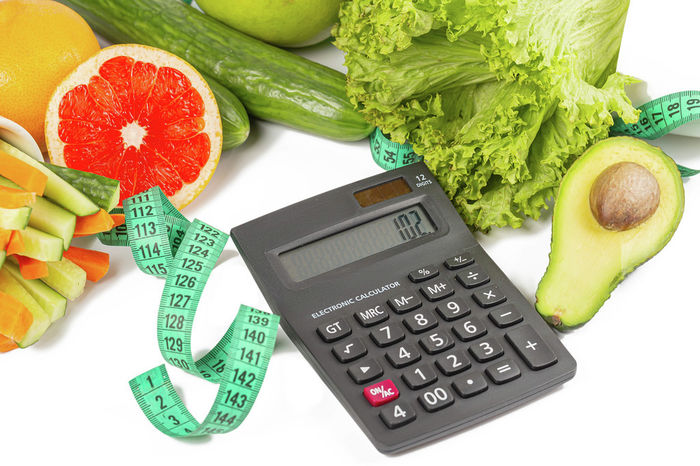The science behind crushes
Sarah Abbas discusses the brain chemistry and physiology behind our fleeting crushes

Heart pounding. Palms sweating. Head reeling. Despite no longer being a 13-year-old girl, I’m still guilty of getting the occasional crush. How do you know you’ve fallen victim to this excruciating ordeal? Your day is made when you see them. Forming intelligible conversation around them is quite the challenge. Seeing them with someone else leaves you paralysed. You put on your best outfits in the morning in anticipation that you may bump into them. You refresh Crushbridge in hope that they return your affection. In my mind, crushes help the world go around.
“A world away from love, crushes are rooted in fantasy”
A world away from love, crushes are rooted in fantasy. Idealising and putting someone on a pedestal allows us to create an image of a person often not reflected in reality. We live out imaginary scenarios in our minds. What would they say? What would they do in a relationship? We allow ourselves to believe that this persona we have projected is accurate to the person they are, or could be. In fact, more often than not, time away from your crush is more exhilarating than the time spent with them. It is the idea of them that is so addictive.
So, are crushes simply a by-product of neurotransmitters in our brain? We’ve all heard of dopamine: the happy chemical. This neurotransmitter is released as a form of instant gratification, like when we scroll through social media or tick a task off our to-do list. It’s no surprise that dopamine is also released when we see or think about our crush. Causing unparalleled levels of elation, it is predictable that this is a major root of the addicting quality of crushes. Getting to know the person often shatters the rose-tinted view that you have created in your head. They fail to live up to your sky-high expectations created by the version residing rent-free in your head. Thus, despite us knowing crushes often end with failed potential, this dopamine release is the reason for the perpetual cycle of crushes many of us experience. Constantly chasing the feeling of euphoria caused by dopamine, we develop unhealthy obsessions with people we don’t even know. So next time you get caught staring at that curly-haired boy, semi-resembling Roddy from Flushed Away, know that science is the one to blame.
“So next time you get caught staring at that curly haired boy, know that science is to blame”
Crushes may stem from psychology, but they end up presenting in our physiology too. Hormonal changes associated with infatuation include increased levels of the stress hormone cortisol, for example. Our heart rates are elevated, our cheeks flush, our sympathetic nervous system enters the “fight or flight” response. The sympathetic nervous system is one of the nervous systems in the body (alongside the parasympathetic nervous system responsible for the “rest and digest” response) and is activated by several mechanisms. Noradrenaline is a major trigger of the sympathetic nervous system and is released as a response to seeing that person from across the room. This “fight or flight” response increases our heart rates, dilates our pupils, causes us to tremble and speeds up our breathing. Sound familiar?
Noradrenaline also holds a major role in our neurobiology in terms of attention and orienting under stress. In action, this means that this neurotransmitter has an inhibitory effect on insignificant information and an excitatory effect on meaningful tones in a stressed state. Hence, noradrenaline holds the key to the reason why you can remember your crush’s zodiac sign, but can’t recall the name of their friend standing beside them at a party.
So if you ever find yourself typing out a Crushbridge to someone you exchanged barely three words with in the Pret queue, know that this infatuation is a manifestation of the physiological and psychological effects caused by numerous chemicals bouncing around your body – and, hear me out, they may not be the love of your life.
 Comment / Cambridge students are too opinionated 21 April 2025
Comment / Cambridge students are too opinionated 21 April 2025 Comment / Does the AI revolution render coursework obsolete?23 April 2025
Comment / Does the AI revolution render coursework obsolete?23 April 2025 Comment / Cambridge’s tourism risks commodifying students18 April 2025
Comment / Cambridge’s tourism risks commodifying students18 April 2025 News / News in brief: campaigning and drinking20 April 2025
News / News in brief: campaigning and drinking20 April 2025 Interviews / Meet the Chaplain who’s working to make Cambridge a university of sanctuary for refugees20 April 2025
Interviews / Meet the Chaplain who’s working to make Cambridge a university of sanctuary for refugees20 April 2025







